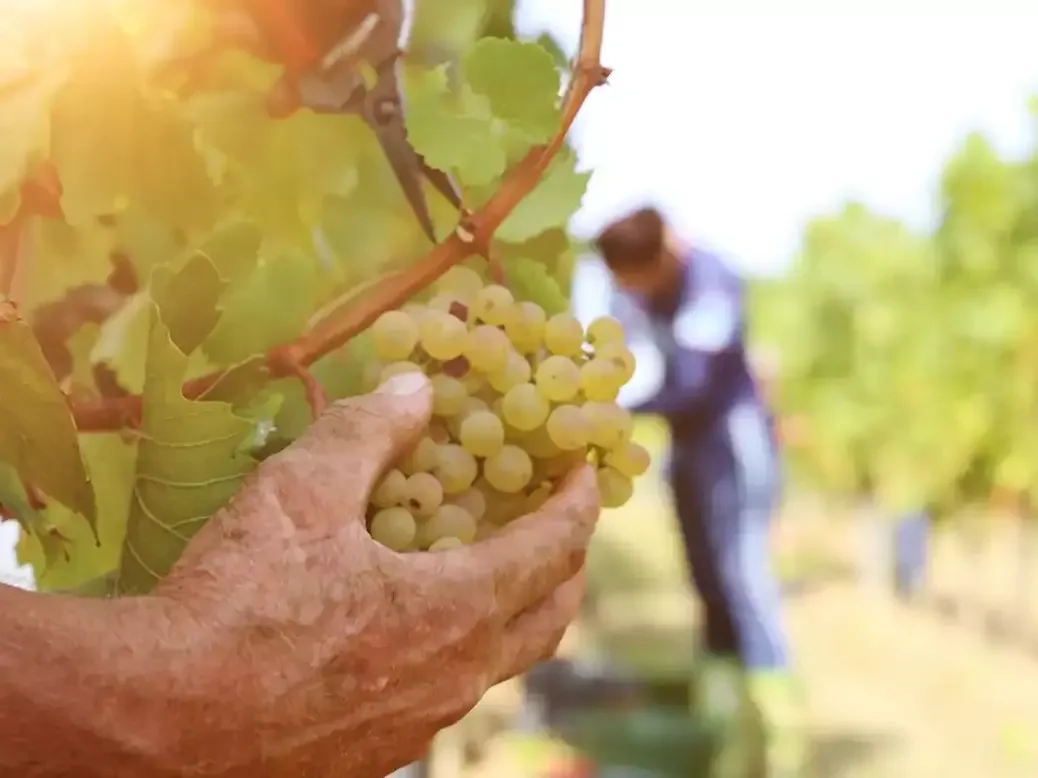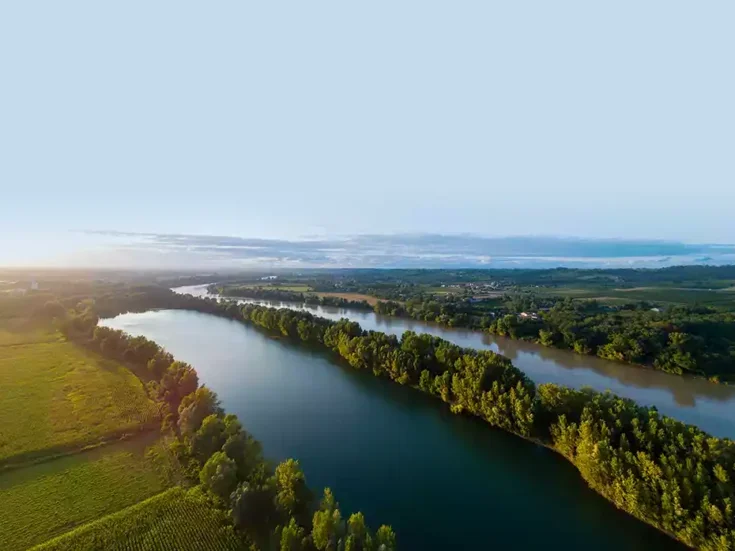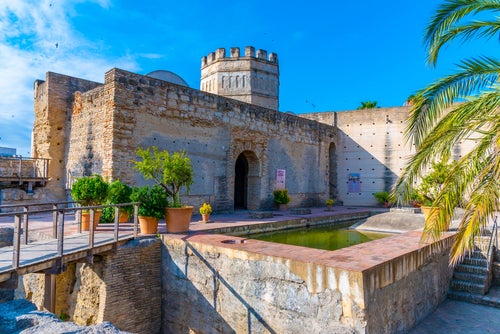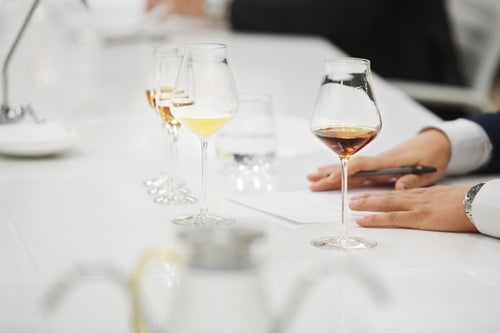
It may have originated in France, but an unusually high proportion of the world’s best Chenin Blanc is made in South Africa where it is the best candidate for the title of “national grape,” says Tim James.
Is Champagne an English word or French? Both, surely, marked by a significant difference in pronunciation: French in origin but English by appropriation, as much as “horrible” or any number of other words. Champagne is not a German word, for counter-example, since the Germans show more respect for other languages (or perhaps the purity of their own). Mongrel English has gained much of its richness of vocabulary through what linguists call “loanwords” but—seeing that the words are never returned—is really simple plunder.
So it is with the names of the French grape varieties. Many grape names in English are still in a transitional phase, as we adopt and conventionalize them; loan segueing into theft. The accent on Sémillon, for example, already rarely used, is undoubtedly doomed. We still don’t pronounce the final consonant in Merlot, and Americans retain the stress on the second syllable, unlike the Brits, but on both sides of the Atlantic, that first syllable is pronounced closer to “myrrh” than to the “mare” that would approximate the French.
What of Chenin Blanc, the most planted variety in South Africa and arguably producing more of its truly excellent wines than any other? So incorporated is the name that it’s disconcerting when talking to visiting British wine writers who don’t come across it as often as we do and who tend to pronounce it as French, while for us it’s invariably, perhaps inelegantly, “shennin blonk.”
Chenin Blanc: A national grape variety
Even though the Cape’s Chenin vineyard has declined greatly since its footprint was 30 percent of the total (down to 18.4 percent of a shrunken total), there’s much more Chenin here than in France. This perhaps gives us some right to appropriate and adapt the name—as we have with the variety itself for at least a few centuries. In fact, it had its own local identity for most of that time: Steen, a good name, meaning stone in Dutch-Afrikaans, though the name’s origin is obscure (as is Chenin’s). “Steen” started to die out after the identification with the Loire grape was confirmed in 1965, though there’s been a minor tradition-assertive revival in recent years.
At least two factors other than quality make Chenin the best candidate for one of those useful things—a “national grape”—like Malbec in Argentina or Sauvignon Blanc in New Zealand. One is that its flourishing across most of the Cape winelands, in a range of mesoclimates and soils, means that the category is so big that no one area can “highjack” it, as Eben Sadie puts it. Another is the friendship and the respect, both personal and organizational, that’s been built between those making Chenin in the Cape and the Loire—a rare relationship between new and classic worlds.
There are also links with California, where Chenin used to be very big indeed for humble wines, before the days of White Zin and ubiquitous Chardonnay, and is now having a small revival of prestige—stimulated not least by the Cape example. A recent event in the Swartland coastal town of Saldanha had a seminar focusing on the Sandlands wines of Teagan Passalacqua (also Turley winemaker), including his fine Amador Chenin Blanc. Teagan first visited the Swartland in 2011 to work a harvest and, incidentally, assures me that Californians pronounce the grape name in much the same way as South Africans.
Among the tasting audience then were two Frenchmen from Vouvray: Benjamin Joliveau, from the great Domaine Huet, and Vincent Carême, whose fine domaine has brought new energy to the region. Both had presented their wines at previous Swartland gatherings. Vincent, who met his wife while working four harvests here in the late 1990s, has been particularly important in building this interregional link—and now also makes two Swartland wines for his Terre Brûlée label (Le Blanc being, of course, a Chenin). The internationalism of the evening in this remote little place was profoundly a part of it all, however differently we pronounced the grape’s name.
Lucky fluke, pleasant irony
There’s irony in the current prestige of South African Chenin Blanc, beyond its history as a rather despised workhorse. It’s pointed by a Burgundy-like focus on terroir expressions of the grape, with ever-more wine growers offering a handful of bottlings from (usually) old vineyards in varied soils, slopes, and mesoclimates. Contact – Metzer Wines, for example, has added a Riverine Chenin Blanc to its Montane and Maritime versions. (Might naming a fourth be difficult?) Another trio, from widely dispersed vineyards, comes from Eben Sadie, who’s added a Swartland Chenin to the Citrusdal Mountain and Stellenbosch versions well established in his Old Vine Series range. Some Chenin ranges come from closer terroirs, like the four single-vineyard versions from David & Nadia; and those from Badenhorst, where the differences can be pretty subtle.
The pleasant irony is this: Like most wine-growing regions, South Africa is seeking varieties to thrive in a hotter and drier future. Chenin—especially strains adapted to local conditions over time—should continue to thrive. But if it were not here already, it wouldn’t occur to anyone to plant experimentally (alongside Agiorgitiko, Nero d’Avola, Assyrtiko, and so on) a grape from the cool northerly Loire, known for nervy, delicate wines. Chenin Blanc in South Africa is a fluke—a lucky fluke.






